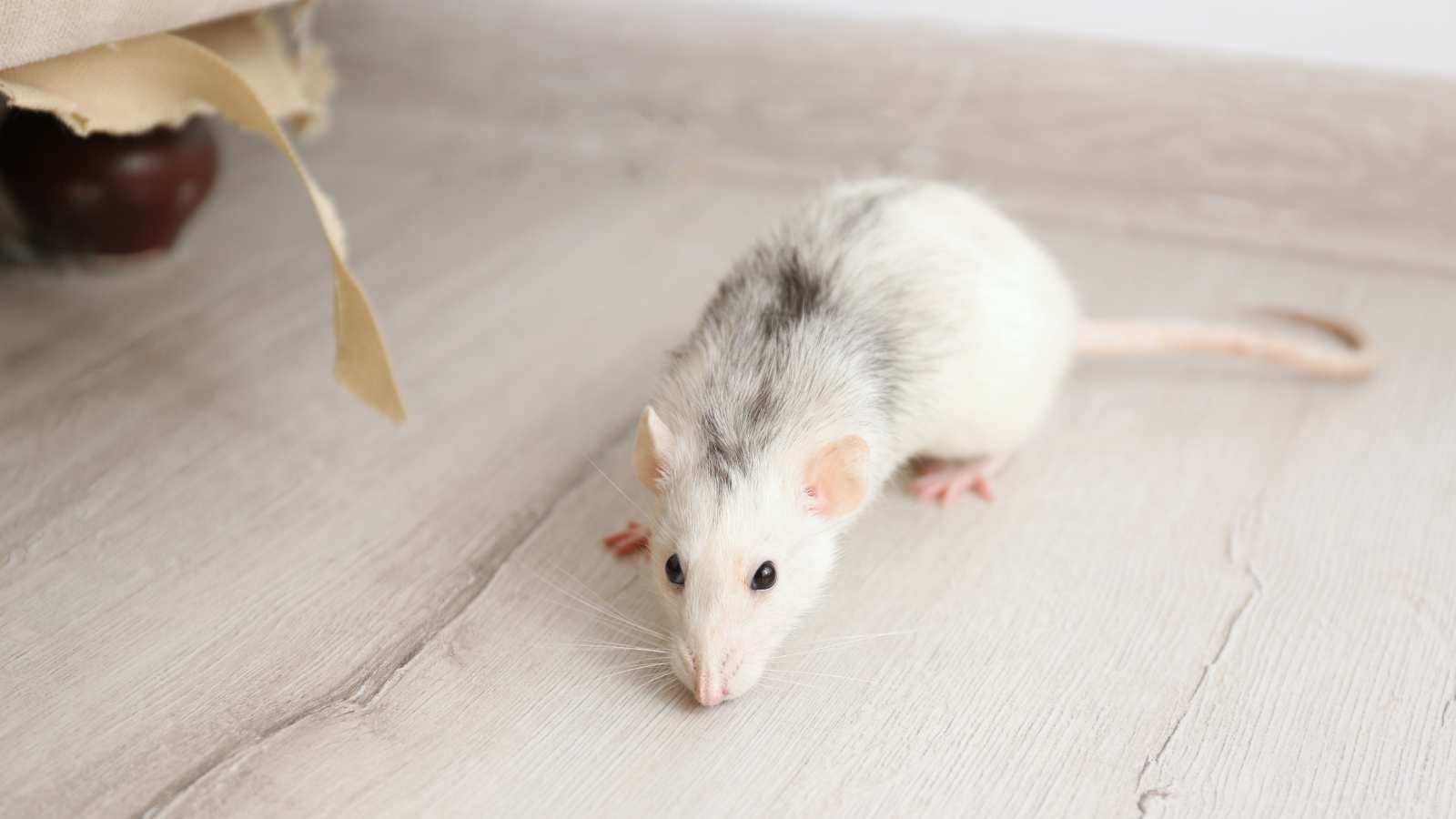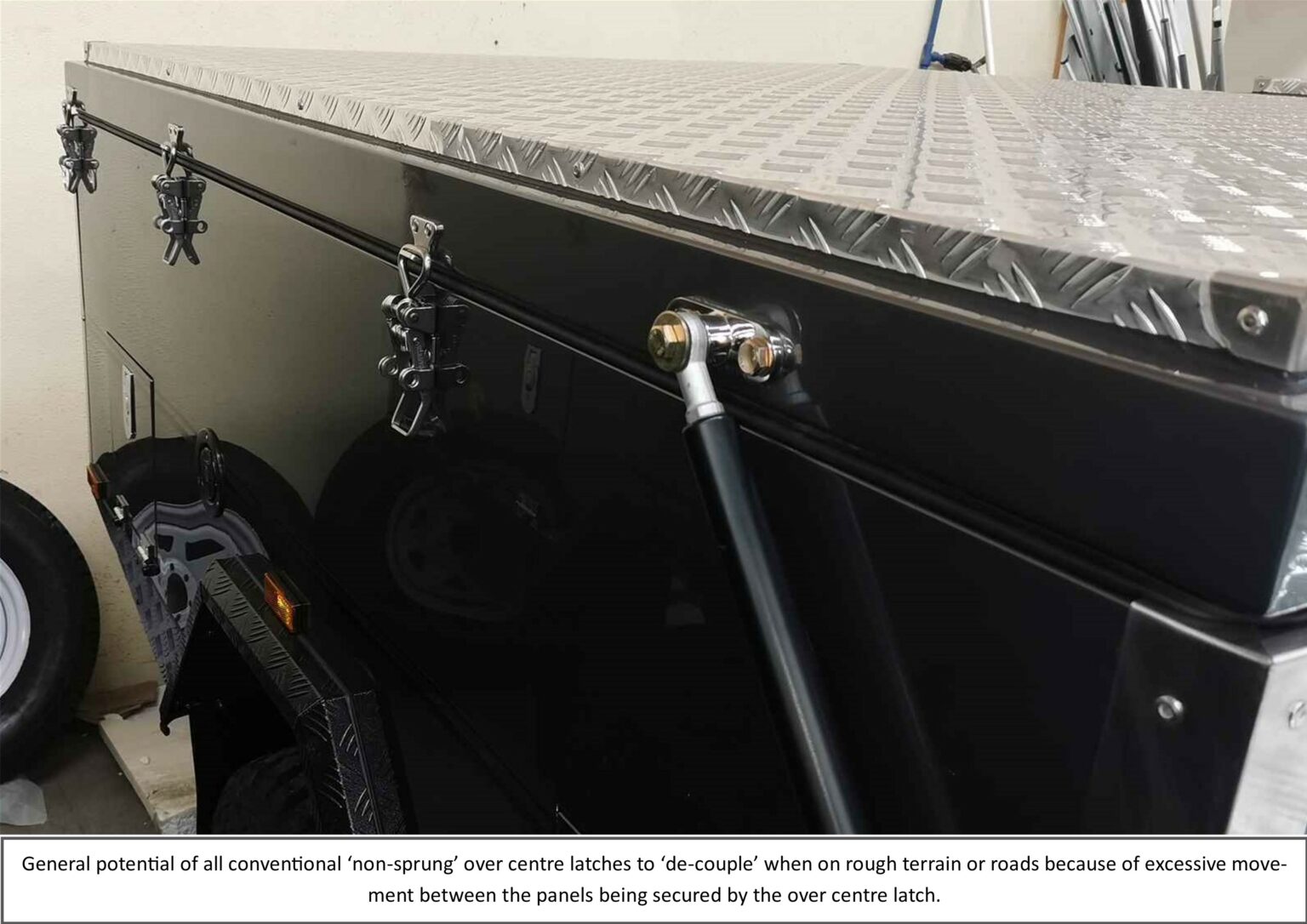To immediately address a mouse problem, setting up snap traps or consulting with a professional pest control service can be the most effective. These methods target the mouse population swiftly. Placing traps with attractive bait in strategic locations tends to catch mice quickly.
Many homeowners use peppermint oil because mice tend to avoid its strong scent. Saturating cotton balls with this oil and distributing them around your home can act as a repellent. Maintaining a clean house can deter mice, yet infestations sometimes occur in spotless homes due to mice seeking out shelter, warmth, or potential food sources like pet food.
Exterminators often use a combination of bait stations and traps to eliminate mice. Their thorough approach can include sealing entry points to prevent future issues. They may also apply environmental modifications to make your home less inviting to these pests.

Maintaining a Mouse-Free Home
Ensuring your home stays free of mice involves several ongoing practices:
- Food Storage: Keep food in airtight containers. This prevents mice from being attracted to readily available meals.
- Sealing Up Holes: Mice can slip through small openings. Use caulk and other materials to seal cracks and gaps.
- Cleaning: Wipe up spills and sweep away crumbs promptly. Dispose of garbage in sealed containers.
- Home Repairs: Check for drafts around doors and windows. Apply weatherstripping and door sweeps to keep them tightly sealed.
- De-Clutter: Reduce clutter in places like garages or attics. It minimizes the number of potential hiding places for mice to nest.
- Natural Deterring: Deploying scents like peppermint oil in susceptible areas can help keep mice at a distance.
- Regular Inspection: Conduct systematic checks around your home for signs of droppings, gnaw marks, or nests.
Integrating Natural and Technical Solutions
Owning a cat may naturally reduce the presence of mice, as cats are predators, and their presence can be a deterrent. However, for a technical edge, learn about mice’s behavior and tendencies. This can help to place traps effectively and recognize the early signs of a possible infestation.
Proactive Strategies for Prevention
In addition to traps and sealing off possible entry points, consider the following proactive steps:
- Minimize Moisture: Fix leaky faucets and ensure areas are dry. Mice seek out water sources.
- Eliminate Shelter: Keep the area around your home trimmed and clean to discourage mice from settling.
- Professional Plans: Establish an ongoing relationship with a pest management service for regular inspections and treatments.
Understanding and Action
Being informed about seasonal changes that affect mouse behavior can help adapt your preventative measures throughout the year. Additionally, educational resources provided by authorities like the Centers for Disease Control and Prevention offer insight into risks such as hantavirus that can be associated with mouse infestations.
Wrapping Up
Taking these steps helps to actively manage and prevent issues with mice, keeping your home comfortable and safe. Use ongoing surveillance and maintenance, coupled with an understanding of rodent control, to secure your living space from these unwelcome guests.





